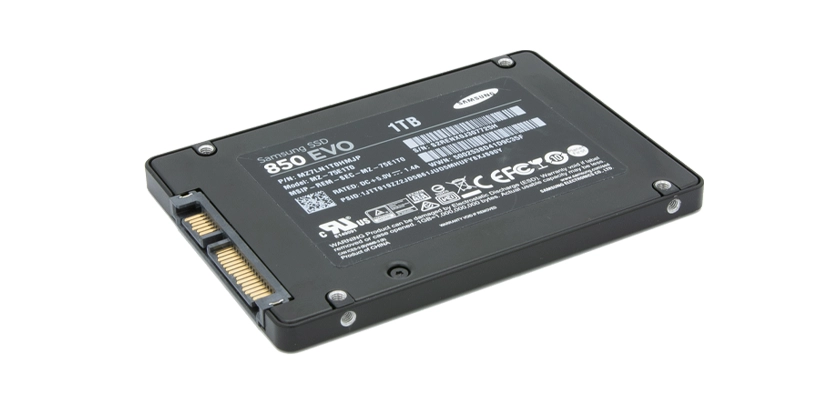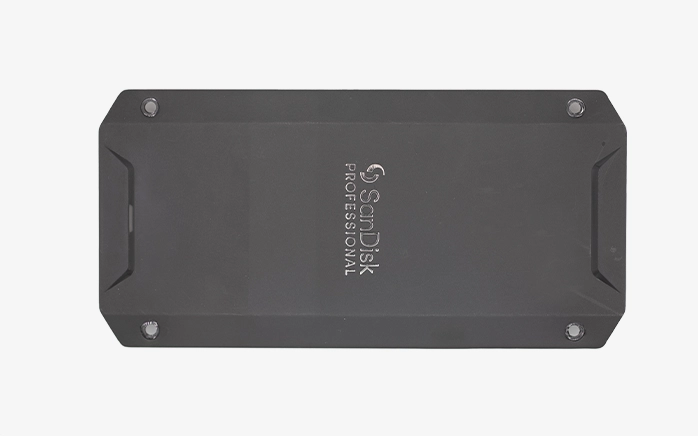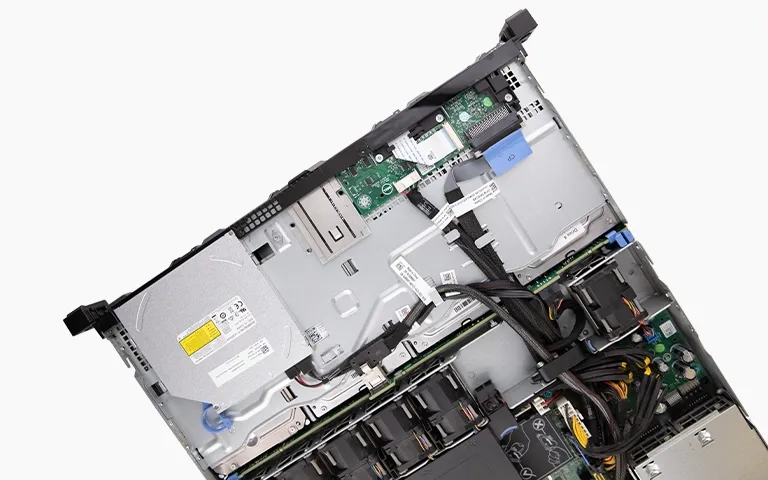In this blog, we will discuss a recent case where our team successfully recovered important data from failed Samsung Evo 860 SSDs in RAID 0 for a medical product supplier in Texas. We will dive into the background of the failure, our diagnostic process at our specialized lab, and the intricate data recovery process used for damaged NAND flash chips.
Additionally, we will highlight the importance of having a reliable data recovery plan in place and provide tips on preventing similar failures in the future.
Background of Failed Samsung Evo 860 SSDs in RAID 0
Recently, a Medical Supplier Company in Texas faced a RAID 0 Failure. The company was using two Samsung Evo 860 SSDs in RAID 0 to store important data from their web server, specifically MySQL data. However, one of the drives suddenly became unrecognizable, causing a major disruption in their operations.

The IT team removed the SSDs to troubleshoot them, but the manager was reluctant to wait. The MySQL data held vital information essential for the company’s operations.
Therefore, the company contacted our team to evaluate the failed Samsung SSDs and recover their crucial data.
Our support team immediately guided the call. We emphasized the situation’s urgency and instructed the client to drop off the failed Samsung Evo 860 SSDs at our specialized lab in Texas.
Within the same day, their IT team brought the drives, and our team started the evaluation process.
Evaluation Process in Texas Data Recovery Lab
Upon receiving the failed SSDs, our experienced technicians performed a thorough evaluation. We first checked the connection ports on both SSDs and found no visible physical damage or signs of failure. However, upon closer inspection, we noticed that both drives stayed busy and did not respond to commands. This indicated a physical failure rather than a logical one.

For further evaluation, we decided to disassemble the SSDs and check the internal components.
After carefully removing the casing and examining each component, our team found that both drives had suffered physical damage to their NAND flash chips. Extreme heat or power surges commonly cause this type of damage.
Based on our findings, we provided the client with a price quote for the recovery process. Due to the physical damage, we explained that specialized equipment and expertise would be required to recover the data successfully. The company’s manager immediately approved the quote as they understood the importance of their lost MySQL data.
Data Recovery Process from Damaged NAND Flash Chips
After the client’s approval, we initiated the intricate data recovery process for the damaged NAND flash chips. Our first step involved meticulously removing the NAND chips from the SSDs using a precision rework station, which demands a high level of expertise to prevent further damage. Once safely extracted, the NAND chips were cleaned and prepared for raw data extraction.
Utilizing our state-of-the-art chip-off recovery equipment, we then began the painstaking task of reading data directly from the NAND chips. This involves bypassing the standard SSD controller to access the raw data.
Given the proprietary nature of Samsung’s flash translation layer (FTL), our team employed custom algorithms to decipher the complex mapping system that organizes the data within the chips.
Through this systematic process, we reconstructed the RAID 0 array at a software level, allowing us to begin piecing together the fragmented data. Being critical to the client, the MySQL database files were our top priority. After several rounds of error checking and data integrity verification, we successfully recovered the vital MySQL data.
File Verification Session for Medical Supplier Company
Once the data recovery process was complete, we scheduled a remote file verification session with the client. Our team connected to their server remotely and verified that all the recovered data from the failed Samsung Evo 860 SSDs was intact and accessible. After confirming the successful recovery of their important data, we securely transferred the files to the new external hard drive.
The client was extremely satisfied with our prompt response and efficient recovery process. They expressed gratitude for recovering their vital MySQL data, which would have been impossible without our specialized expertise and equipment. We provided them with tips on preventing such failures in the future, including regularly backing up important data and monitoring the temperatures of SSDs.
Conclusion
In conclusion, physical failure in SSD drives is common and can lead to significant data loss. In this case, our team successfully recovered important MySQL data for our client using specialized equipment and techniques. It is crucial to have a reliable data recovery plan in place for unexpected situations like this.
Our team is always ready to assist with any data recovery needs, ensuring minimal disruption to your operations. Contact us today for a customized data recovery solution for your business
FAQ About Samsung EVO 860 SSD Recovery
Can the Samsung EVO 860 SSD fail?
Yes, like any electronic device, the Samsung EVO 860 SSD can fail for various reasons, including physical damage, excessive heat, power surges, or manufacturing defects.
What are the common signs of Samsung EVO 860 SSD failure?
Common signs include the drive not being recognized by the computer, slow performance, data corruption, and frequent errors or crashes.
How can I prevent the failure of my Samsung EVO 860 SSD in a RAID array?
Regularly monitor the health of the SSDs, ensure proper cooling within your system, use a reliable power supply, and always keep backups of important data.
Can data be recovered from a failed Samsung EVO 860 SSD in RAID 0?
Yes, data can often be recovered from a failed SSD, even in RAID 0 configurations, by specialized data recovery services using advanced techniques and equipment.
Should I attempt to recover data from a failed SSD myself?
It’s generally not recommended to attempt data recovery on your own, as this can lead to further damage. It is advisable to seek guidance from professional data recovery services.



